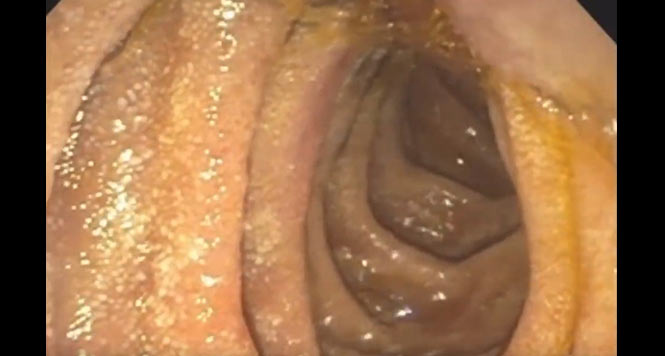Lessons Learned After Post-ERCP Mortality
Rajesh N. Keswani, MD, MS, reviewing Jolly S, et al. ANZ J Surg 2023 May 20.
ERCP is a vital endoscopic procedure for the management of pancreatobiliary disease but is associated with serious adverse events, including mortality. Although a central tenet of quality improvement is learning from negative outcomes, there is almost no literature on preventing post-ERCP mortality.
In this study, the authors utilized the Australian and New Zealand Audit of Surgical Mortality to qualitatively analyze 58 ERCP-related deaths (occurring during the same admission as ERCP) over an 8-year period to identify themes. The authors concluded that the most common modifiable factors leading to death included (but were not limited to) the following:
Preprocedural incidents (n=37)
- Delay to ERCP (n=13): for example, the inability to perform an urgent ERCP on a patient with ascending cholangitis
- Inadequate resuscitative management (n=9): inadequate intravenous fluids and/or antibiotics
- Decision to perform ERCP (n=7): cases in which an alternative surgical procedure (eg, choledochojejunostomy) or no procedure at all may have been more appropriate
Intraprocedural incidents (n=8)
- Technical (n=5): examples include perforations and severe bleeding after sphincterotomy, believed to be related to operator skill rather than the procedure itself
- Support (n=3): for example, cases of inadequate anesthesia support during ERCP
Postprocedural incidents (n=32)
- Inappropriate treatment (n=15): among a variety of issues, examples include inappropriate triage of patients (eg, floor versus intensive care unit) and inappropriate resuscitation (both under- and over-resuscitation)
- Delay in definitive surgical treatment (n=7): generally involved delays in surgical management for ERCP perforations
- Delay in recognizing complication (n=4): an example includes the failure to recognize a duodenal perforation
Communication-related incidents (n=8)
- Multiple examples of poor communication between clinicians or escalation of care (eg, from trainee to attending physician)

COMMENTIt is rare to see a detailed review, such as this, of adverse events after endoscopy. The major takeaways are to avoid unnecessary procedural delays, continue improving ERCP technical skills, and ensure adequate preprocedure and postprocedure resuscitation (antibiotics and intravenous fluids). I would encourage anyone interested in quality improvement to read the manuscript to learn how to prevent post-ERCP morbidity and mortality.
Note to readers: At the time we reviewed this paper, its publisher noted that it was not in final form and that subsequent changes might be made.
CITATION(S)
Jolly S, Chu MKW, Gupta AK, et al. Potentially avoidable mortality after endoscopic retrograde cholangiopancreatography in Australia: an 8-year qualitative analysis. ANZ J Surg 2023 May 20. (Epub ahead of print) (https://doi.org/10.1111/ans.18511)


